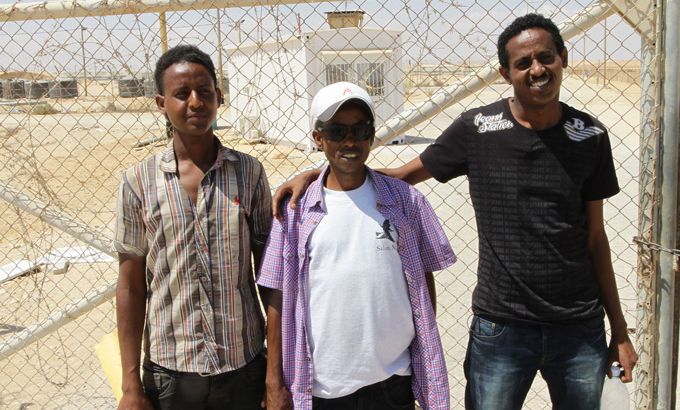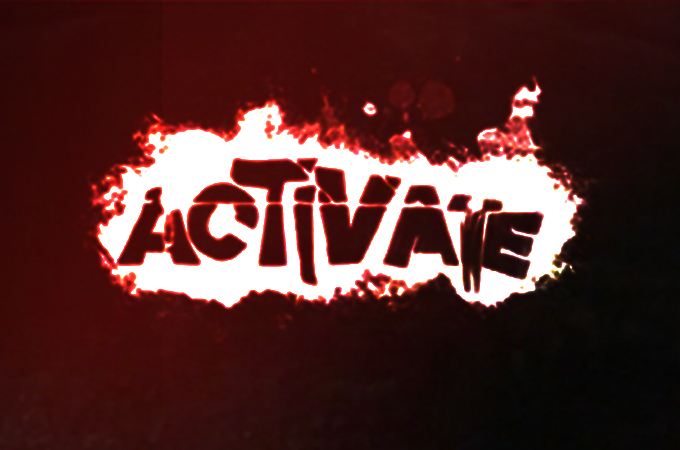
‘The emergence of a new movement’
Can a passionate new group that is embracing novel forms of action fight racism in Israel?
By Yotam Feldman
As a journalist and filmmaker I have been covering the stories of migrants in Israel for the past four years.
In the Spring of 2010, I accompanied a group of Sudanese refugees as they travelled from Cairo, the Egyptian capital, and through the Sinai Desert in an attempt to cross into Israel.
My belief was, and still is, that the unmediated experience of an Israeli journalist is the only way to achieve a real understanding of the situation in Sinai and at the border.
And this was the response I gave to the numerous Israeli critics who suggested that by doing this I had undertaken an unnecessary risk.
Following the tumultuous journey across the desert, we experienced a terrifying showdown at the border between Egypt and Israel. Egyptian soldiers showered machine gun fire on the group. We were then caught, beaten and taken to El-Arish, where we were arrested.
It was at this location that Egyptian intelligence officers, who verified my identity as a journalist, separated me from the group and took me to Cairo.
After nine days under arrest, and heavy diplomatic pressure, I was released and returned to my hometown of Tel Aviv in Israel.
Once there, I immediately contacted the many African migrants in the city, particularly those from the Eritrean community, who had assisted me in my initial research before I had undertook the journey.
They were concerned that the situation for African migrants was rapidly deteriorating. The torture camps in Sinai, the racial violence and racist legislation in Israel and the deteriorating situation in their home country left many migrants feeling as though they had no place to go.
Suicide rates had also increased within the community.
It was during this bleak period for the Eritrean community that I met Isayas and started documenting the actions of his newly formed group, The Eritrean Youth Solidarity Movement.
I was surprised to find a passionate and vigorous political movement taking its first steps at a time when all forces in Israel seemed to be directed against this community and most Eritreans could concern themselves with little more than their mere survival.
Isayas’ group took the unusual decision to act independently.
They openly criticised the United Nations, various international support groups and Israeli non-governmental organisations, claiming they took a condescending approach towards refugees and did not necessarily represent Eritreans.
But by rejecting the support of ‘the white man’, the group has taken on the heavy burden of creating a new political language, defining new goals and choosing novel forms of action.
Moreover, they knowingly deny themselves access to the many assets offered by support organisations, namely money and media and political connections.
I believe that in the months I documented Isayas and his group, I witnessed the emergence of a new movement, a new form of action, created under the worst conditions.
As I completed the edit of my film about Isayas and his work, Eli Yishai, the Israeli interior minister, reiterated his plans to start arresting refugees as soon as possible. Predictably, numerous racially motivated attacks against refugees ensued.
I have repeatedly asked Isayas where he imagines himself in a month’s time, after my film has aired, and whether he sees himself in jail or even worse. He is surprisingly optimistic and expresses his belief that he will continue his work, be it in Israel or elsewhere.
You can watch this episode of Activate from Monday, November 12, at the following times GMT: Monday: 2230; Tuesday: 0930; Wednesday: 0330; Thursday: 1630; Friday: 2230; Saturday: 0930; Sunday: 0330; Monday: 1630. Click here to return to the Activate map. |
